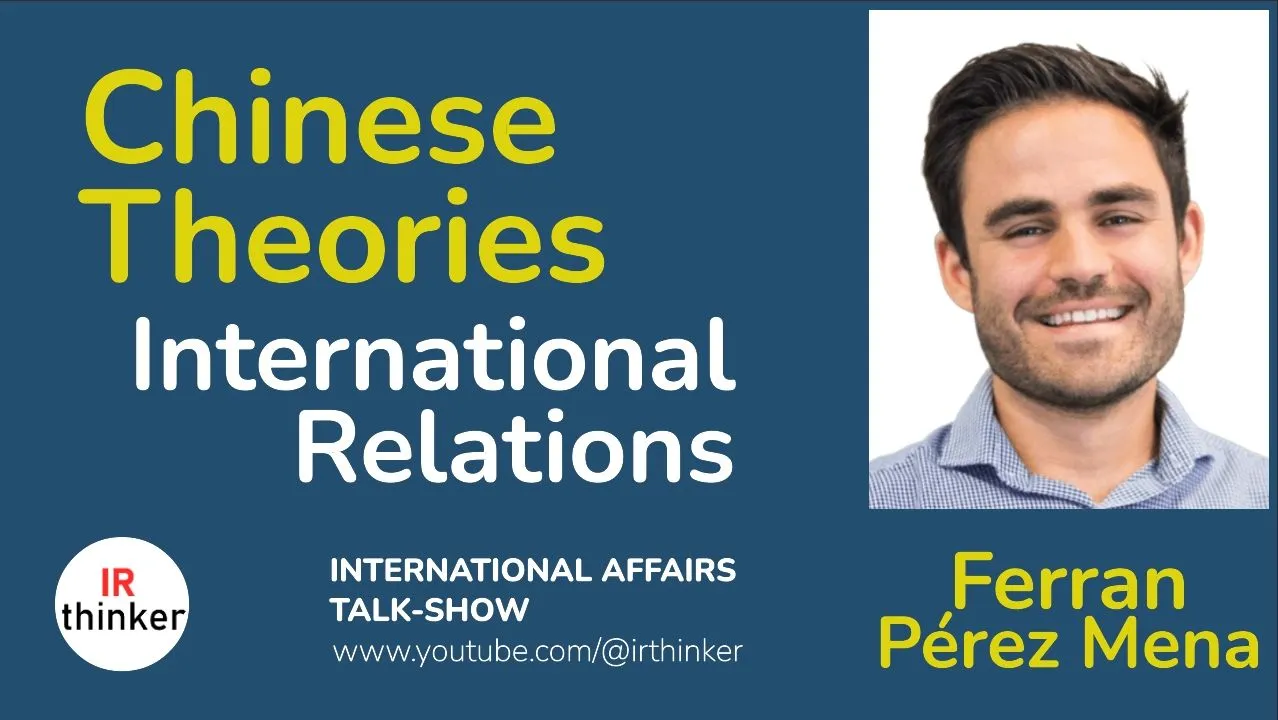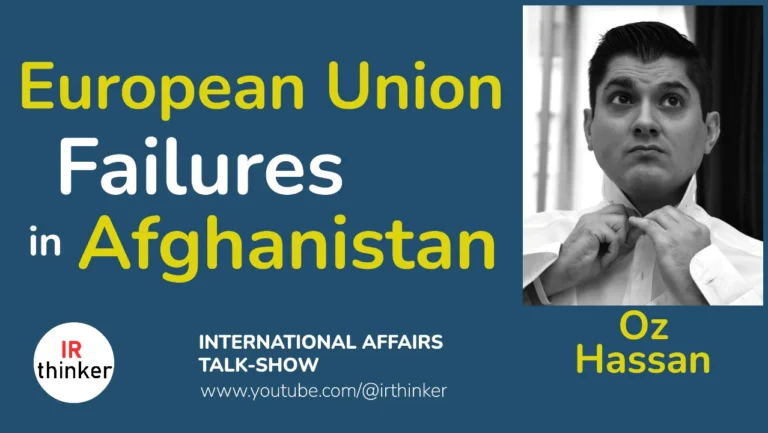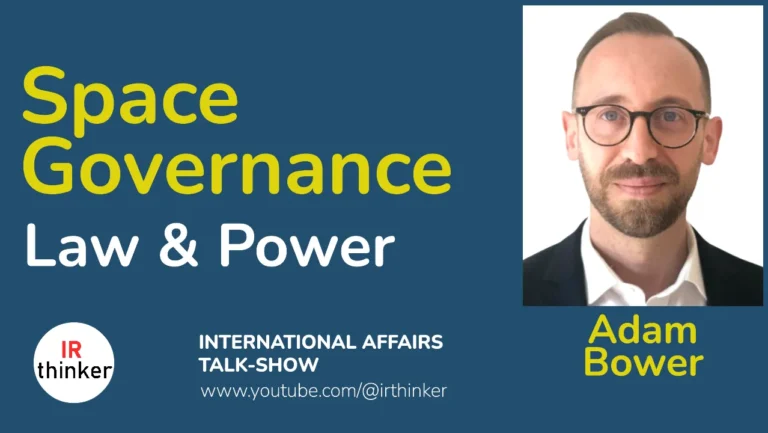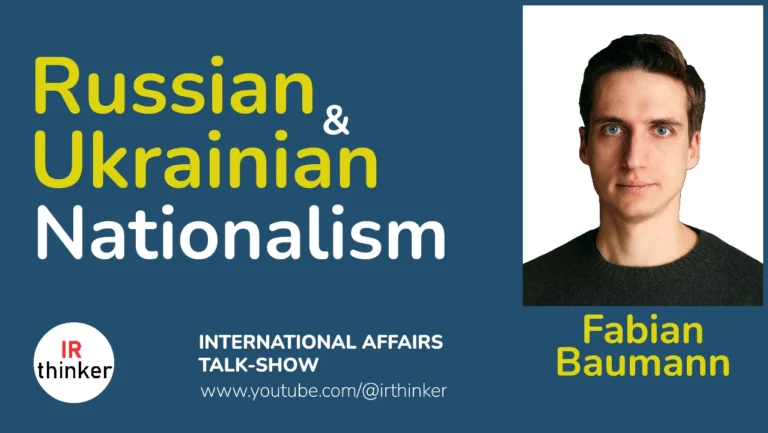
Explore the major contemporary schools of thought in Chinese international relations, including the Shanghai and Tsinghua Schools, and understand their theoretical foundations and key concepts like “Moral Realism” and Chinese exceptionalism with Dr Ferran Pérez Mena.
Learn how traditional Chinese philosophy integrates with these theories and their implications for China’s foreign policy. Dive into the unique perspectives on economic statecraft, soft power, and security as proposed by prominent Chinese scholars.
Content
- Major Contemporary Schools of Thought in Chinese International Relations
- Importance of Shanghai and Tsinghua Universities
- Acceptance of the Shanghai School of IR in China
- Theoretical Foundation of the Shanghai School of IR
- Key Actors in the Shanghai School of IR
- Key Figures and Contributions of the Shanghai School
- Overview of the Tsinghua School of IR
- Influence of Yan Xuetong
- Other IR Schools in China
- Integration of Traditional Chinese Philosophy in IR Theories
- Concept of Moral Realism
- Application of Chinese Moral Realism Internationally
- China’s Definition of Morality
- Chinese Exceptionalism
- Critique and Overlaps between Chinese and Western IR Theories
- Role of Economic Statecraft in IR
- Background of Economic Statecraft in China
- Tsinghua School of IR and Soft Power
- China’s Most Interesting Soft Power Instruments
- Security in Chinese IR Schools
- Publishing Security Issues in China
- Civilizational Identity
- Influence of Concepts and Theories on Chinese Foreign Policy
- Ferran’s Book on Chinese IR Schools
- Accessing Chinese Sources for the Book
- Future of Chinese IR Schools
Dr Ferran Pérez Mena
Dr. Ferran P. Mena is an assistant professor in IR of East Asia in the School of Government and International Affairs, Durham University, United Kingdom.
Ferran’s research focuses on 1) the transnational connections between Chinese and Western non-state actors; 2) the formation of non-Western transnational elite networks; and 3) the relationship between Chinese IR scholars, the Chinese state, and the formation of Chinese ideas about world politics and international order.
Perez Mena, F. (2024) Contender states and modern chinese international thought: from the republican era until the ‘Chinese school of international relations’. Singapore: Springer Nature Singapore. Available at: https://doi.org/10.1007/978-981-97-2151-1






